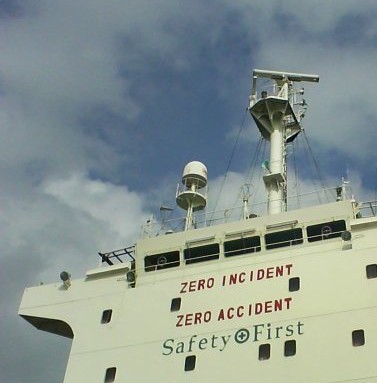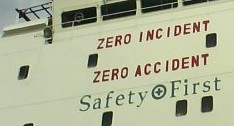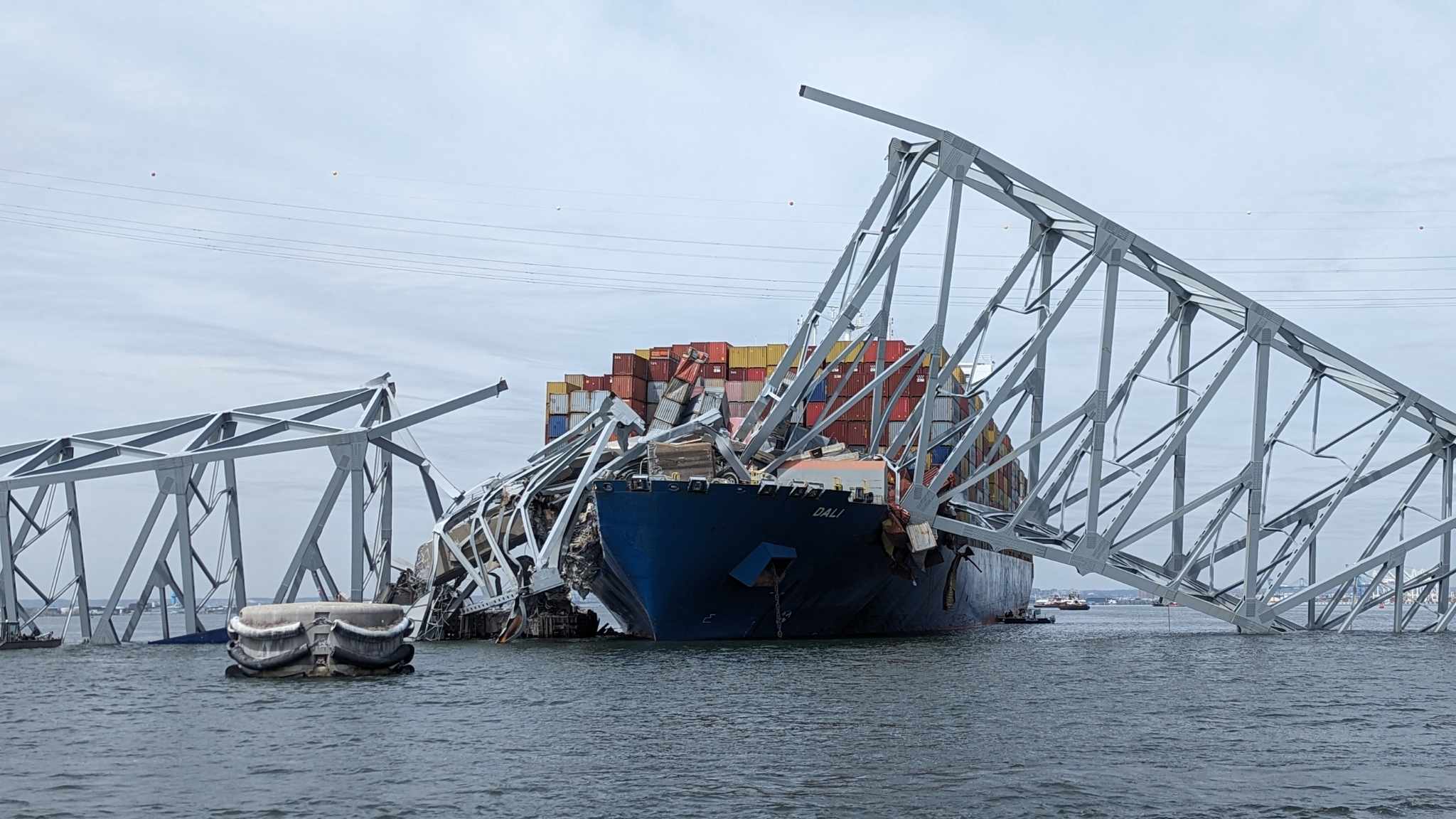 I challenge anyone in the maritime industry (or any industry) to name a COO, CEO or corporate board member who doesn’t see “incident free operations” as the ultimate goal of his or her organization’s QHSE initiatives.
I challenge anyone in the maritime industry (or any industry) to name a COO, CEO or corporate board member who doesn’t see “incident free operations” as the ultimate goal of his or her organization’s QHSE initiatives.
While there have been significant achievements in the reduction of injuries and incidents in the offshore and maritime environment over the last two or three decades, incidents are still occurring and our resolve towards “IFO” achievement is continually challenged.
10 years ago I was one of those individuals who thought “our company is just too big; there are too many variables…too many opportunities for someone to get hurt”. In fact, I would argue that my “safety paradigm” was shared by the majority of my coworkers at that time.
As my career in the maritime industry progressed, things began to change and I began to see glimpses that incident free operations were achievable. Part of this “paradigm shift” had to do with my involvement in incident investigations.
To this day, after reviewing the root causes of hundred of incidents, both industry wide and within the companies I have worked with, I have never recognized the root cause of an incident to be “bad stuff happens sometimes”.
In fact, I believe there are only three ways that incidents can happen during maritime operations (or any industry for that matter): The job was not properly planned, the scope of the job changed, or the plan for the job was not followed.
Getting back to the “company is just too big argument”, let’s consider the following scenario: What if we took these same “IFO non-believers” and assigned them to do a complicated task they may be asked to do as part of their normal responsibilities.
Now, what if we broke this complicated task down into individual steps and agreed that we would not perform the task until the entire group was confident the chances of an incident happening (during each individual step) was ZERO.
I believe a consensus would eventually be reached in every case. Sometimes additional expertise, equipment, or time may be needed, but a consensus will eventually be reached that the job is either 100% safe or is simply not worth doing at all.
The point is, if we can confidently agree that accomplishing one task, one step at a time incident free is achievable, we must also agree that incident free operations is achievable. It doesn’t matter how big or complex a company or industry might be: A ZERO likelihood of an incident occurring per step multiplied by a billion steps is still ZERO!

 Join The Club
Join The Club












